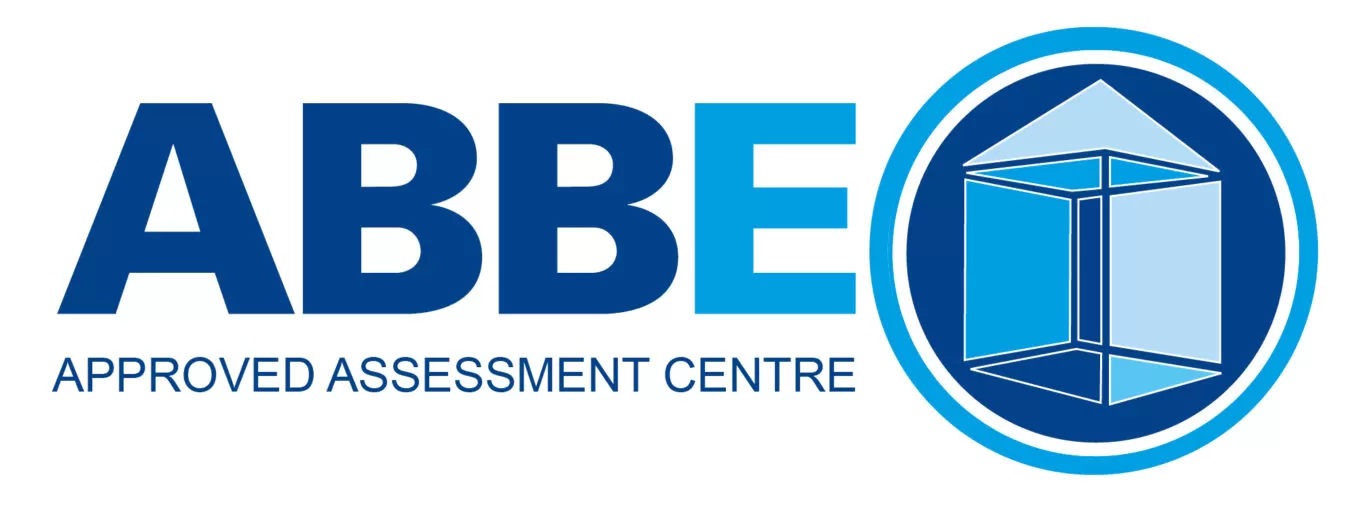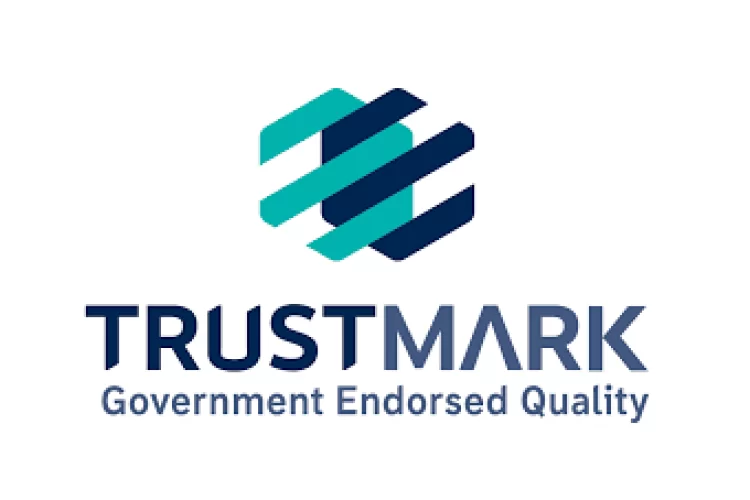The pandemic kickstarted a revolution in the way people work and learn. Thousands of people became remote workers, and education followed suit with the rise of self-paced learning.
What is Self-Paced Learning?
Self-paced learning is a style of instruction in which all the content is available to the learner to work through at their own pace. It is a form of independent study, so the learner can choose to study whenever is most convenient to them. For instance, parents could study when the kids have gone to bed, or a full-time worker could complete sections during their commute. It is a very flexible format. As opposed to traditional education, this style of learning is led by the learner, not the instructor.

Advantages of Self-Paced Learning

Set Your Own Schedule
One of the major advantages of self-paced learning is that the learner decides their own schedule. This means that they can choose to study at a time when they are focused and relaxed, as opposed to being beholden to someone else’s timetable. Studies have shown that people retain information tens of times more effectively if they can learn in a relaxed state. This is not always possible on command! The advantage of self-paced learning is that candidates can choose an opportune moment to sit down and take in the information. They can learn at anytime, anywhere.

Set Your Own Pace
Not only can the learner choose when they learn, but they can choose how quickly they learn. In a classroom, one pace is set for the whole room which can leave some people behind struggling to catch up while others are raring to get started on the next section. In some cases, this leaves people feeling either panicked or frustrated.
However, self-paced learning gives individuals the freedom to choose how long they spend on any given task. If they find it straightforward, they can progress quickly which allows them to allocate more time to focus on difficult sections. The self-determined pace allows learners to set their own breaks too which is hugely beneficial for those who have other distractions or responsibilities which may need attention throughout the day. Also, in many cases, neurodivergent individuals may especially benefit from being able to set their own schedule. Taking frequent, small breaks can boost productivity for certain learning styles.

Choose Your Focus
Another significant benefit of self-paced learning is the freedom to choose what you focus on. In a classroom, the class works together on each task, and the amount of focus that task gets is set. But with a self-paced course, the learners are free to spend as much time and energy on each task as they want. If they find something particularly challenging, they can keep working on it until it clicks. This means that they will have a full, confident, comprehensive understanding of each section by the end of the course. No one is pushing them onto the next task before they’re ready. It has been shown that for this reason, self-paced learners tend to succeed more than traditional structured learners.
Challenges of Self-Paced Learning

Time Management
Time management is where one of the strengths of Self-Paced learning can be one of its disadvantages too. There is no rigid structure, and sometimes no structured deadline either. It is completely on the shoulders of the learner to structure their own time. For some, this comes easily. However, for others, this is a difficult discipline to master. There are plenty of ways to combat this challenge though, and it should not deter people from looking into this kind of learning.
Time management is an essential skill in many workplaces, especially in the world of energy assessment. Those who are self-employed certainly need to be able to schedule and manage their own time. In a way, a self-paced course adds a further layer of training by giving the individual some practice in managing their time.

Support from Instructors
In a traditional classroom, learners can ask their teacher for guidance on something if they find themselves stuck. However, in a self-paced course there is no teacher to ask. This can be seen as a disadvantage to self-paced learning. In this instance, self-paced learners may need to dig deeper into the provided material (or do external research) to understand a particular subject.
Energy Trust has taken steps to remove this barrier with our self-paced courses. We have provided a helpline which learners can use to receive support with anything they don’t understand. Experienced, certified energy professionals monitor this helpline to assist any of our candidates with whatever queries they may have. You can read about the support past learners have received in some of our online reviews.

Energy Trust’s Self-Paced Learning Courses
Energy Trust has been involved in the energy industry for over 15 years now. Over the last fews years, we have worked hard to carefully develop clear, concise, self-paced energy training courses. Over a decade of experience in energy and teaching has been poured into creating courses which are easy-to-follow, engaging and relevant.
Our Self-Paced courses include:
- hands-on virtual house tours to give you a sense of the reality of the job
- multiple choice questionnaires to help you get a feel for how much you’ve learned
- videos to explain concepts clearly
- information packs including the most relevant industry documents/standards
We’ve compiled everything you need to equip yourself for a career in energy, no matter which course you choose.
Try It For Yourself
With self-paced courses, you’re in charge. You can learn wherever, whenever and however you want. If you are an energy professional, why not take the chance to expand your skills? Gain a new qualification, get more familiar with a side of the industry you haven’t looked into before, or go refresh your skills with a reminder course. Or, if you are new to this industry, take the opportunity to start a new career! Find out all you need to know, and learn on your terms.
There’s never been a better time to get involved. Energy Trust has successfully secured funding through the Home Decarbonisation Skills Training Competition — a government funding programme aimed at training individuals in the energy efficiency and retrofit industry. This means that you can receive a substantial discount on many of our qualifications over the next few months.




















